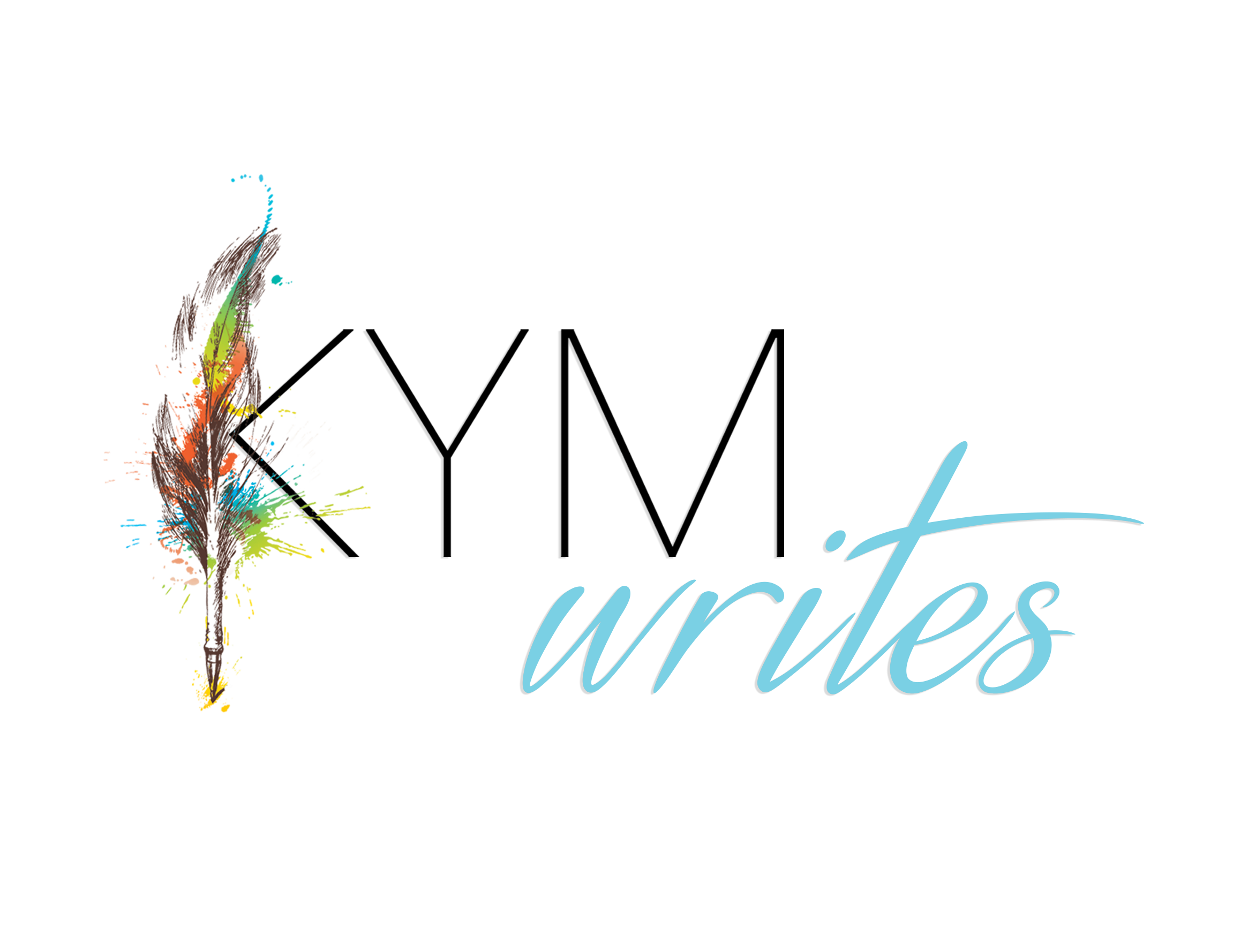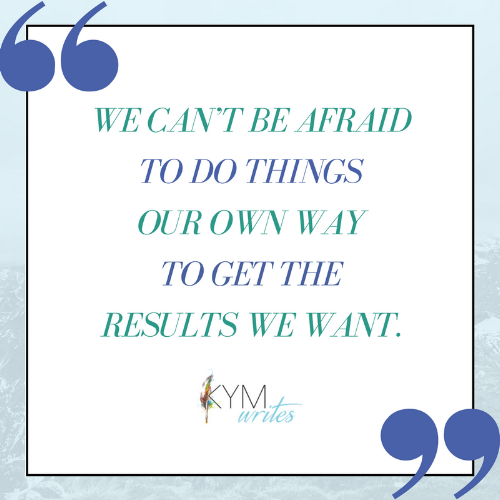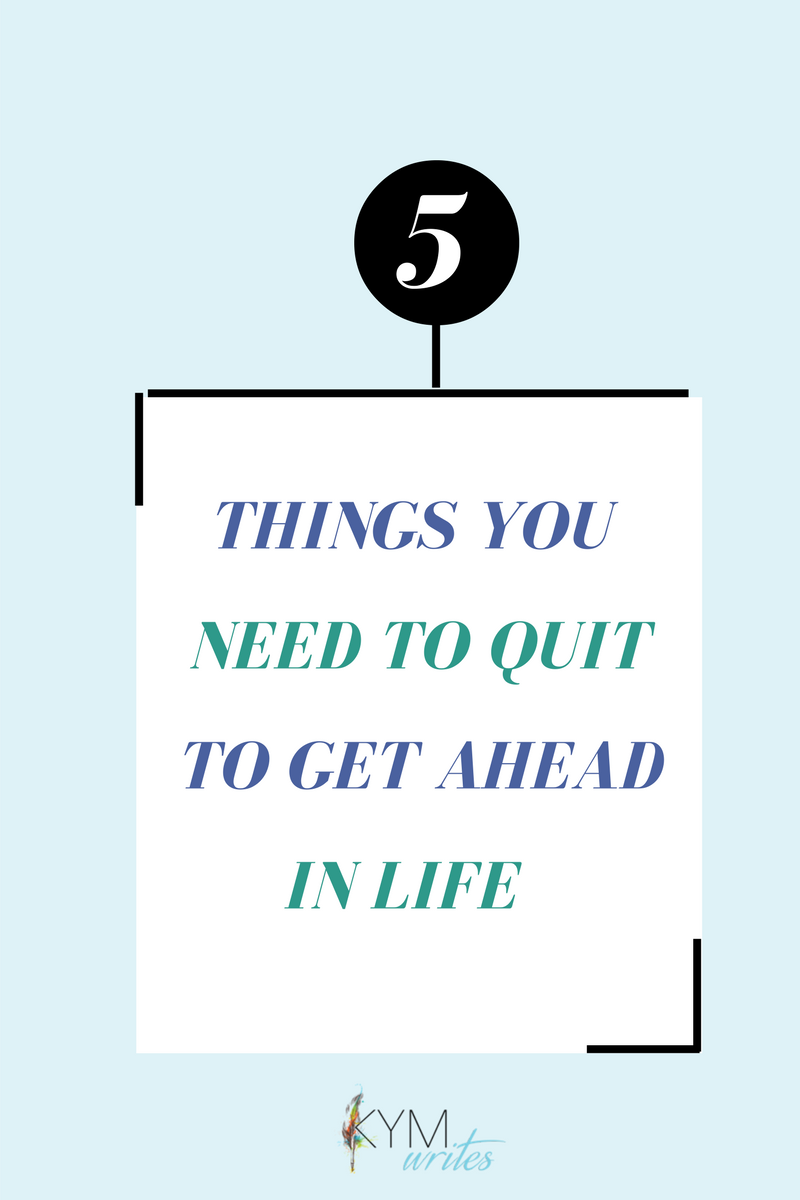5 Things I Learned During NanoWriMo
“You can, you should, and if you’re brave enough to start, you will.”
Over the past few years, I’ve attempted to join thousands of writers from all over the world in National Novel Writing Month - a challenge to write 50,000 words during November. Yes, completing a book in 30 days is as wild as it sounds, but NanoWriMo is a fun, crazy and exciting time. You lose sleep, stock up on extra coffee and put your social life on hiatus as you race against the clock to meet your goal.
I tend to start off strong (yea girl, you got this), but find myself losing steam after the first week (girl, what were you thinking). Before you know it, I’m 10,000 words behind and over it. Discouragement kicks in and my excitement fizzles, so I gracefully bow out. Deuces Nano. Better luck next time.
Well, my story is different this time around. I did not write 50,000 words (that was never my goal), but I saw the challenge all the way through for the first time. As someone who never makes it to the halfway point, finishing was a big deal. I realized I had the ability to make it to the end.
Here are five lessons I learned along the way.
1. Making time for what I want isn’t impossible
I used to tell myself there wasn’t enough time in the day to write my novel until I realized I had no excuse not to get it done. Yes, some days were busy but I still managed to participate in other activities that didn’t classify as a necessity. Getting up and going to work? Necessity. Binge-watching the newest season of Homeland? Not so much. Necessities are those activities that have consequences if we neglect them. Skipping an important meeting with a client or not showing up for work will come with a penalty. On the other hand, forgoing Netflix for an evening to write won’t cause any damage, no matter how much I ache for “just one more episode.” I can handle the withdrawal for a night.
During November, I put myself on a strict schedule, which meant no television until I met my word count for the day. Writing a novel is work, and it won’t happen unless I make time for it. It’s difficult to make time for the hard stuff. The things we know we must do even though the process challenges us in ways we never imagined. It helped to set realistic expectations. I figured I wouldn’t write a lot on Thanksgiving, so I wrote 200 words that morning and then added an extra 550 words to my word count the next day. On other days, if I couldn't commit to writing 750 words in the evening (my usual writing time), I wrote on my lunch break or in the afternoon, so I had less to write at the end of the day.
Click here to get 5 tips on making time for your creative work when life is hectic
2. I don’t need to have everything figured out
Whenever I sat down to write my novel over the last few years, I felt overwhelmed and frustrated. I knew my characters inside and out, but I was stuck. "It’s too hard," I told myself. "I have these five characters, but I don’t know how any of this will come together."
I spent hours conducting research, and I read tons of writing books. I eventually realized I was hiding behind my prep work because I was afraid to do the hard work. My mind told me I needed to have everything figured out, and because I had a lot of missing pieces and unknowns, I believed I was setting myself up to fail big time.
I prayed about it and stepped away for a while. One day over the summer, I felt a nudge to “just write.” I knew I needed to complete my novel, so when NanoWriMo rolled around, I decided to participate by acting on what I previously heard: Just write.
NanoWriMo gave me the jumpstart I needed. On November 1st, I rolled up my sleeves and sat down to write my novel. I had no plan, but I believed the words would come. As I began typing, the floodgates opened. Words poured out of me, chapters formed, dots connected, characters took shape in unexpected ways and the missing pieces started coming together. In that moment, I realized I didn't need to have everything figured out. I just needed to start.
3. I can go my own way
I participated in this year’s challenge on my own terms. From the jump, I decided I wasn’t going to break a sweat to reach 50k. If I did, great. If not, then that was cool too. Because of my tendency to jump ship and abandon my projects to move on to something else, my primary goal was to finish and reach my personal writing goal - (750 words per day/ 22,500 words) - by November 30th. Many authors outlined their novel and plotted out their draft for NanoWriMo, but I had no roadmap for my story. Even though I’m a panster at heart, I decided to give plotting a try right before the challenge started. I struggled with the process, and it went nowhere real fast, so I figured I'd show up with two things. The only things I had on November 1st were the character charts I’d developed over the years and a willingness to reach my goal. That’s what I brought to the table every night. And that was all I needed.
4. I have what it takes to finish strong
I’m currently reading a book by Jon Acuff called Finish: Give Yourself the Gift of Done. This book is all up in my business! I’m what Jon refers to as a “chronic starter.” I start projects, books and stories, but I don’t see them through. I know that part of myself needs to change. I need to become the woman who sees my goals through to completion.
It was important for me not to quit this year. I refused to become distracted by new ideas or projects during this time. Although I did not reach the 50k word count many writers strive to meet during November, I achieved my own personal goal and finished with 22,920 words. Even when I missed a day, I doubled up my word count during the next writing session. I’m nowhere near close to finishing my novel, but I’m closer to writing “The End” today than I was when I started the challenge with only one chapter and a 3k-word count.
NanoWriMo helped me keep my momentum. Because I showed up consistently with a determination to turn off my inner editor and critic to write, I didn't deal with writer's block. My perception of novel writing changed. It's no longer this daunting task that overwhelms me. I’m not saying writing a book is not hard (it’s still work), but I’m enjoying the process even when it's difficult.
5. Accountability is key
One of the highlights of NanoWriMo is watching writers from various backgrounds and locations come together for one common goal to write their novel. The camaraderie and accountability helped to push me forward. I enjoyed reading the Pep Talk emails in my inbox from best-selling authors throughout the month. My hubby checked in with me on a regular basis to make sure I met my word count. I appreciated that. Our accountability partners also pushed me to reach the finish line toward the end.
Writing is such a solitary act. NanoWriMo reminded me of the importance of community. Although we spend many hours alone writing our book, we don't have to do this writing thing solo. I rediscovered the value of connecting with other writers who share a passion to tell stories. I want to incorporate a writing group in my life in 2018 and create a space where we can continue to cheer one another on.
Still Winning...
I may not be not an official NanoWriMo “winner” this year, but I’m okay with that. Trust me, I still celebrated after I saw 22,920 words flash across my screen on November 30th. I showed up the entire month and played by my own rules. I gave myself permission to move at my own pace and accomplish my writing goals on my own terms.
Everyone’s path to the finish line is unique, but it doesn’t matter how we get there…as long as we finish. And it’s okay if you get there before me. I’ll see you at the finish line eventually.
Until then, I’m doing what works best for me.













